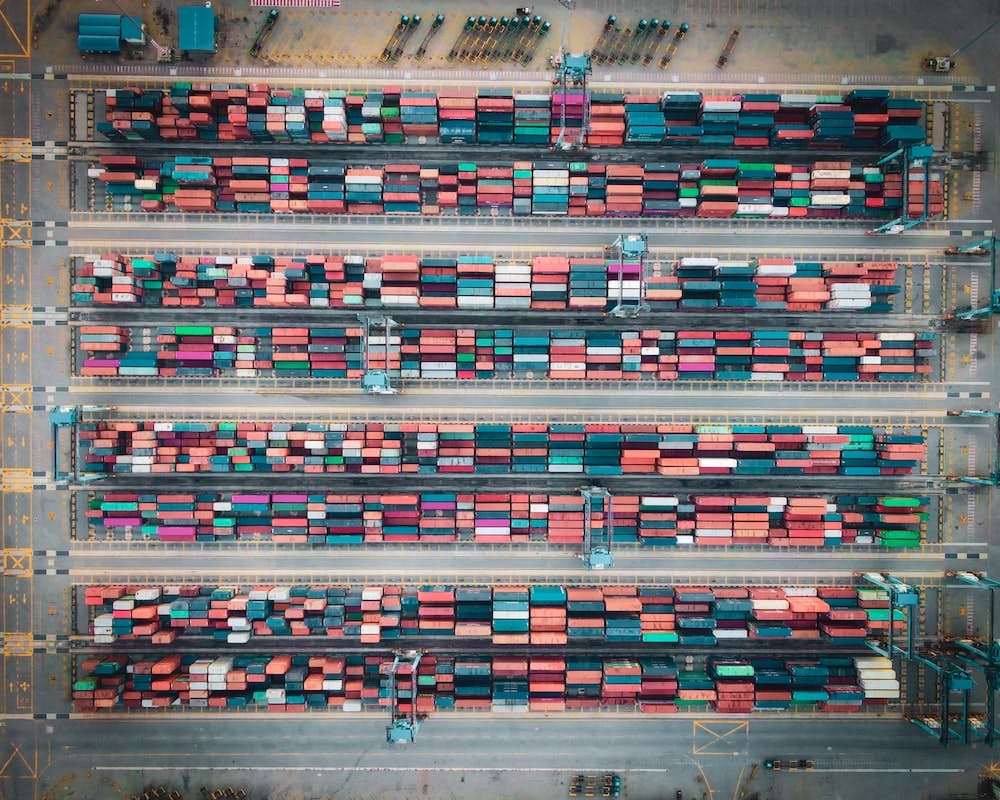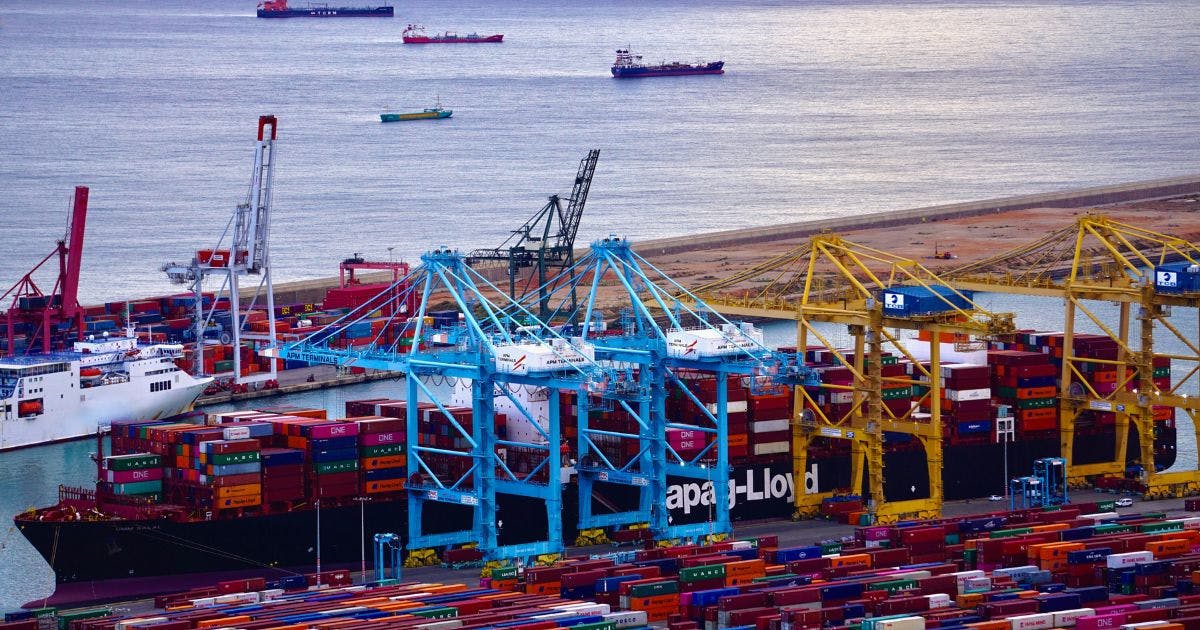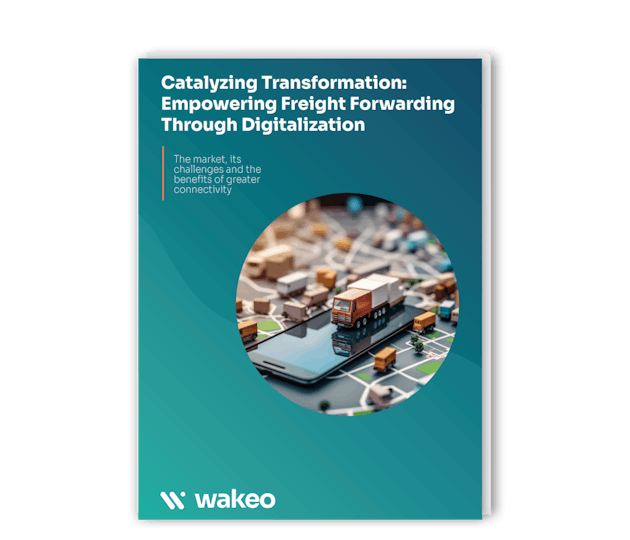Webinar replay | Global Supply Chain Architecture: Examining Red Sea’s Evolving Impact - Watch Now

Freight forwarders' journey towards digitalization
Digitalization can create value and competitive advantage but it requires a clear vision, thoughtful research and quality data to be useful, agreed speakers on a recent Wakeo webinar.
The webinar - ‘How Digitalization is Shaping the Freight Forwarding Industry’ - examined the state of the sector and the challenges it faces. The market is currently highly competitive with a lot of consolidation and acquisitions, and providers are working hard to differentiate themselves.
Every forwarder, regardless of size, “must enter into the journey towards greater digitalization” advised William Brachinim COO at Wakeo. Not only does it enable forwarders to create new value propositions and grab a competitive advantage; customers increasingly expect greater transparency and better access to more accurate information as simply part of the service.
The challenge for many is where to start.
Step by step
Eric Johnson, Director at market intelligence company S&P Global and Senior Technology Editor at JOC.com, (Journal of Commerce), said companies have tended to either invest in making operational improvements or tools for greater customer interaction. Where previously they were focused on the first, they now wish to engage customers in new ways and offer user-friendly platforms.
“The onus is going to be on becoming as operationally efficient as they possibly can while also figuring out if those investments can percolate up into serving customers,” said Johnson.
But despite an increasing number of products coming to market, companies can’t just visit the ‘solutions supermarket’ and buy everything off the shelf.
“The first step,” said Johnson, “is to assess your business’s requirements. Examine where you are in the market - your main segment and where you would like to secure capacity - and use that to inform what kind of technology you need.”
That should help narrow down the list of areas to invest in, he said. “You cannot solve all of your digital problems through a single system on day one. No company has the ability to invest in 10 different things and bring them all online simultaneously - you need a priority list.”

Value add
Lionel Tristan, Managing Director of Fracht France & President of the freight forwarder’s West African offices, said the first priority for him is HR and recruitment. “The human part is the most important asset for a company like ours. Once we have the right people, we can work on the quality of the data, so we are taking care of both. What makes the difference will be the innovative solutions we can offer to customers.”
It is crucial to hire the right individuals and train them to understand the importance of accurately updating the TMS (transport management system) to ensure any data is correct. “It is really important to focus on the quality of the data,” he said, “because you are only as strong as your weakest link. You need the right experts because data is data, and what you need is information to translate what the data is bringing to you.”
“Shippers need information and expertise, not data,” agreed Brachini. This enables informed decision-making, which is what creates value.
Tristan said one challenge was the cost of investing in technology, because customers effectively want a better service for free. “We need to educate the sales team on the added value of having a customer portal and the way the data is analysed,” he said.
Customers don’t only want location services, they want “all the KPIs” - financials, cost, volume, risk, document management, CO2 calculations and more. “Those moving large volumes need quick access to all of this and it needs to be accurate.”
“What they want to know,” he added, “is not only where their cargo is in the middle of the sea but when it will be delivered, and for this you need to have added value to your service, you need to be proactive.”
Information and clarity
In the future forwarders will have to be upfront about who they interact with, where they source data from and how they’ve reached the decisions they make on behalf of customers, said Johnson. This means companies need to be confident in the data on which they are basing their decisions.
“Shippers want everything that forwarders do to be a lot more transparent or a lot more transparent than it has been historically, and that's where the technology comes into play.”
He pointed out that those who were well connected digitally to their own partners were already more likely to be able to provide a better service to their customers. And he stressed that even if forwarders invested in the same solution, it wouldn’t necessarily mean they all provided the same service. “Never ever think that 10 forwarders buying the same piece of software makes them the same forwarder; it’s about whether you have the ability to make the best use of the software.”
Work out where you are going and where there are gaps, then do your research, build the business case for investment, and take it one step at a time, he advised.
And finally, added Tristan, ensure you maintain good relationships with your customers and listen to what they need. “Customers want interaction with their service providers, it’s certain what they don’t need is to only talk to a machine.”
